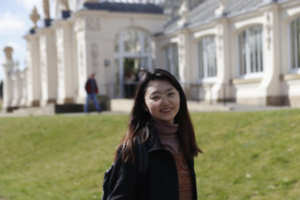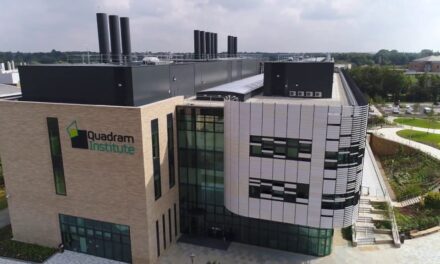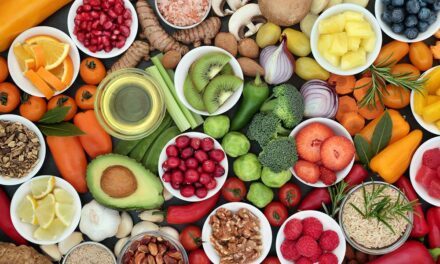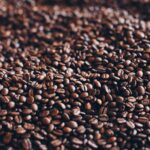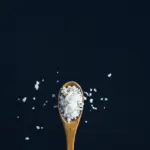The International Day of Women and Girls in Science is celebrated annually to recognise the critical role women and girls play in the field of science. The overarching aim is to promote gender equality in science and to encourage more women and girls to pursue careers within research.
The Food Databanks National Capability (FDNC) female scientists wanted to share their career journeys, the reasoning behind their choice of research and the female scientists that inspire them the most, to encourage others to explore the interesting and important world of Research.
Daniela Segovia-Lizano,
Senior Research Scientist
“My first chemistry class in high school is something that I still remember clearly. A simple experiment to measure pH levels in what looked like water, was enough to awake in me that urged to investigate and to understand why the liquids were changing colour (turning purple at a high pH level i.e., alkaline solution) when mixed.
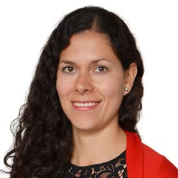
Some years later, when I was about to enter Uni, I considered studying chemistry but my passion for cooking and baking made me realise that I needed to do something related to food as well. That is how I ended up studying Human Nutrition, which for my luck included a lot of different chemistry courses!
I love to investigate and understand why and how what we eat affects our health and what can we do, in terms of dietary changes, to maintain and/or improve our health status. Thanks to previous working experiences and also to my current role at the Quadram Institute Bioscience, I have realised that I enjoy working on the translational research field more than anything else. It is great to translate scientific knowledge into tools, foods, and apps that can impact people’s life in a beneficial way. I have had the chance to work on several innovation projects on the field of personalised nutrition, which have showed me how important it is to combine science and innovation to promote healthy lifestyles and to tackle diseases through the implementation of new developed resources.
I do not really have a role model. I am familiar with some renowned female scientists (e.g., Rosalind Franklin, Marie Curie, Dorothy Vaughan) but I am sure that the list goes on. Unfortunately, most of their achievements and contributions to science and society have not been properly recognised. It is up to us to encourage the new generations (especially young girls) to pursue a career in STEM (If that is what they like) and to let them know that science does not ‘belong’ to a particular gender, science is for everyone!”
Dr Liangzi Zhang, Research Scientist
“My journey into science began with a drive to change. I was already at university studying finance in Canada. A subject – as it turns out – I do not have a passion for.
At the same time, I was exploring the world of food and nutrition for my own benefits, essentially to become heathier. Questions without solutions began to pop up regarding what we eat and how it changes the way our bodies function. I had always enjoyed the sciences at school so now was the time to abandon finance and try something new, that I felt fascinated by.
I was able to move onto a degree for food and nutrition which delivered instant empowerment and established a deep determination to contribute to society.
My advice to any budding young scientists is that choosing a subject that fascinates you or you are passionate about is, in my opinion the most fundamental choice you can make. There are an unlimited number of options to explore, and it’s perfectly normal to not enjoy some of those options. Pull on every thread that fascinates you and if it doesn’t, move onto the next thread. Don’t worry about success or careers, those come out of a passion for a subject.
My role model is Dr. Elsie Widdowson, a pioneer in the field of nutrition who was responsible for overseeing the government-mandated addition of vitamins to food and wartime rationing in Britain during World War II. She devoted her whole life to understanding the composition of foods, under the harsh conditions when women were not allowed to apply for research funding themselves.”
A special thanks to Daniela and Liangzi for continuing to inspire future generations of women in science.


